
Low Carb Diets and Lifespan (starts 3:00) Dr. Ron Rosedale, MD, gives a “second opinion” about a widely publicized report in the prominent medical journal The Lancet. The Lancet report contends that low carb diets (40% carbs or less) shorten lifespan, and moderate carb diets (roughly 55% carbs) promote longer lifespans. The study is being hailed as proof for why people should “eat carbs in moderation.” But what if the Lancet study didn’t go low enough on carbs to reveal potential benefits of a VERY low carb diet? Dr. Rosedale advocates a very low carb, adequate protein, high fat diet, meaning roughly 15% of calories from carbohydrates, 15% from protein and 70% from fat. (GO HERE for extended version)
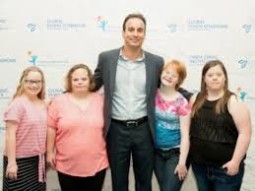 Down syndrome and Inflammation (starts 15:25) Joaquin Espinosa, executive director of the Crnic Institute for Down syndrome, discusses the inner workings of cells in people with the genetic mutation known as Down syndrome. His findings may explain some common characteristics of Down syndrome, such as shorter stature, cognitive challenges, protection from some cancers, and increased risk of pneumonia and Alzheimer’s. Espinosa’s lab used Boulder’s Somalogic protein analysis tool to inspect thousands of the different proteins our bodies make. The lab discovered a few hundred proteins that are noticeably different for people with Down syndrome. These proteins do not specifically influence height or how to take a test. Instead, they reveal an out-of-balance immune system. ( GO HERE FOR EXTENDED VERSION)
Down syndrome and Inflammation (starts 15:25) Joaquin Espinosa, executive director of the Crnic Institute for Down syndrome, discusses the inner workings of cells in people with the genetic mutation known as Down syndrome. His findings may explain some common characteristics of Down syndrome, such as shorter stature, cognitive challenges, protection from some cancers, and increased risk of pneumonia and Alzheimer’s. Espinosa’s lab used Boulder’s Somalogic protein analysis tool to inspect thousands of the different proteins our bodies make. The lab discovered a few hundred proteins that are noticeably different for people with Down syndrome. These proteins do not specifically influence height or how to take a test. Instead, they reveal an out-of-balance immune system. ( GO HERE FOR EXTENDED VERSION)
Host: Susan Moran & Maeve Conran
Producer: Shelley Schlender
Engineer: Maeve Conran
Executive Producer: Beth Bennett
Additional Contributions: Joel Parker
Podcast: Play in new window | Download (Duration: 28:19 — 52.6MB)
Subscribe: RSS



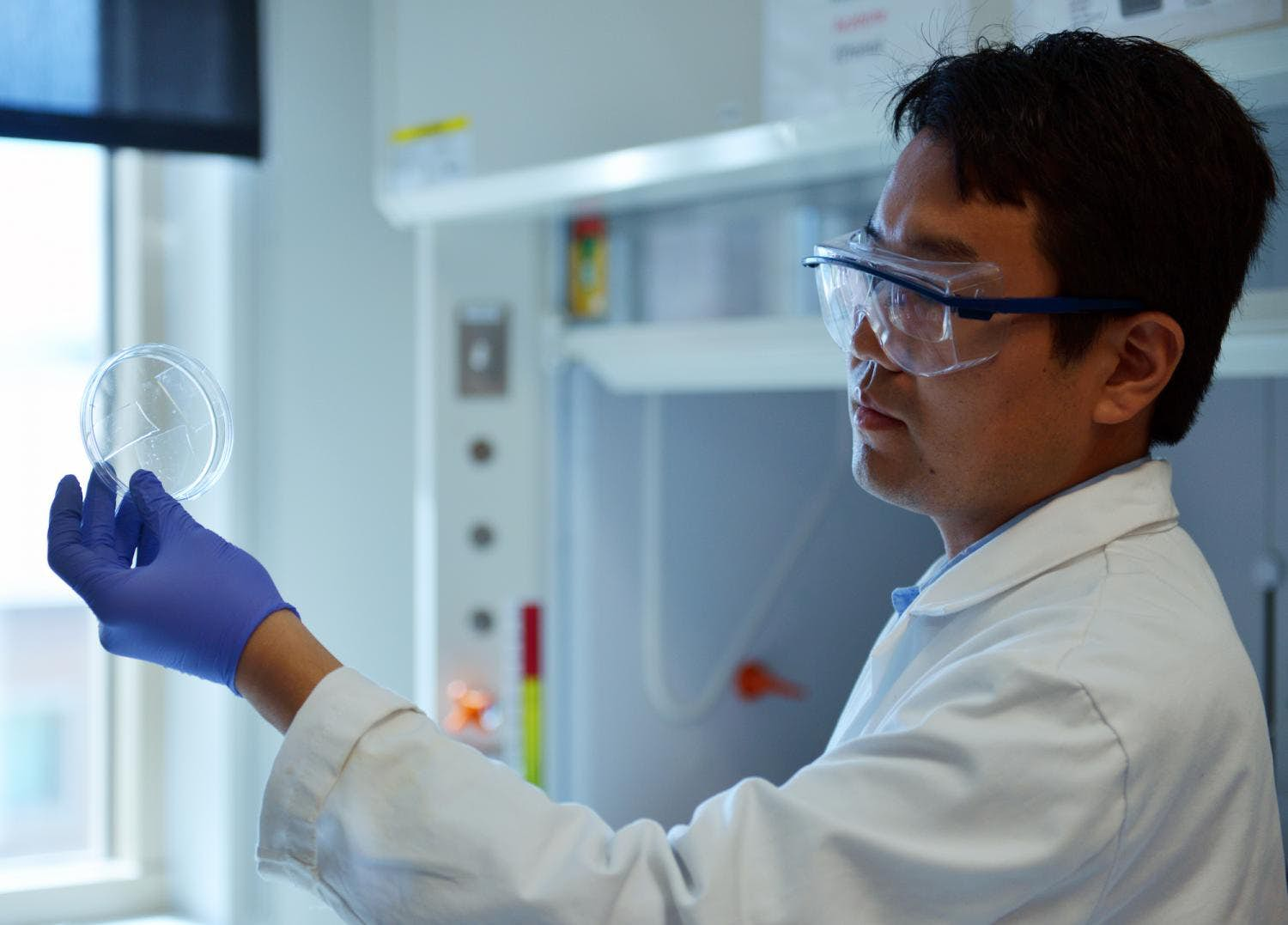


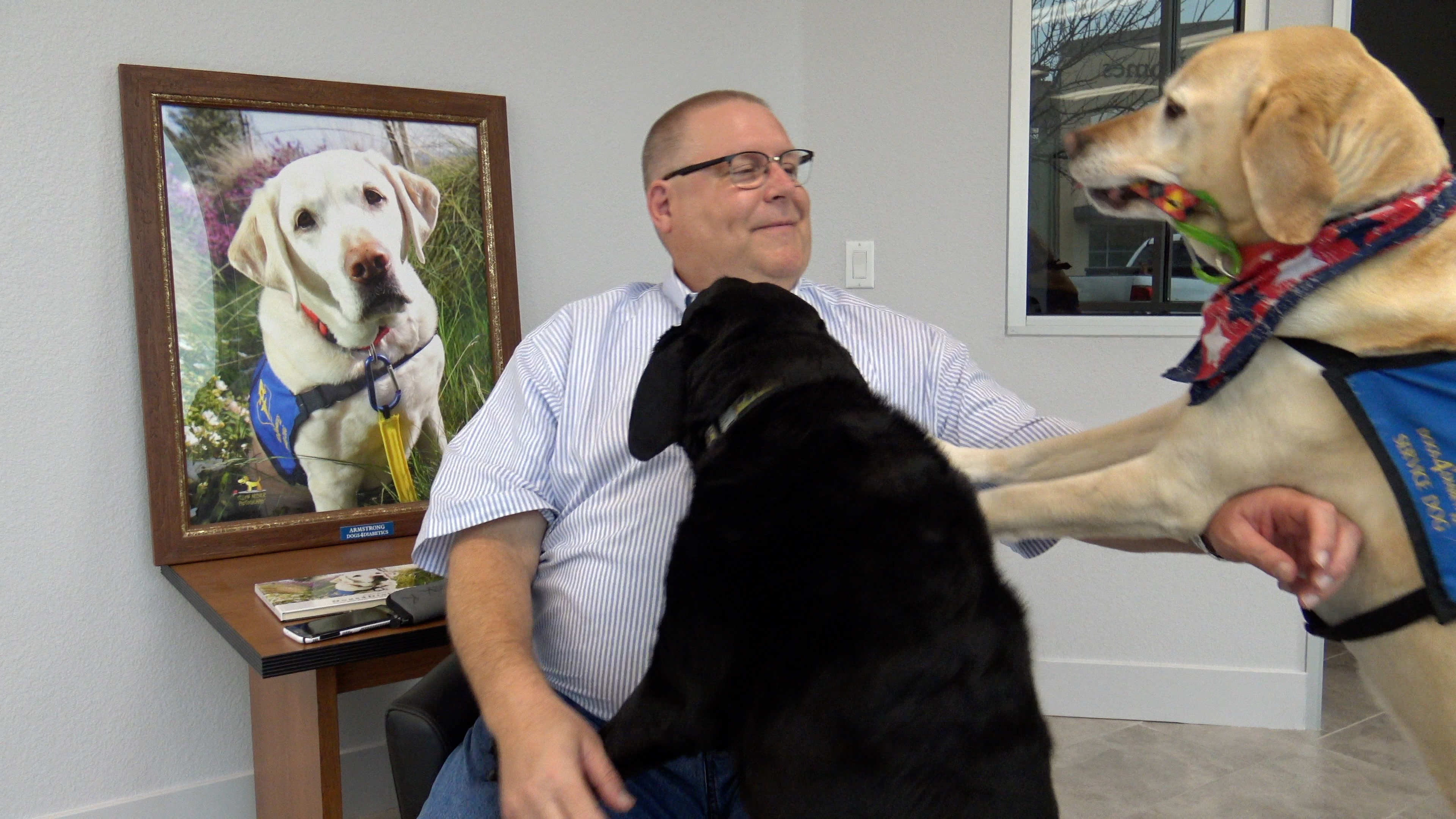
 Dogs have an incredible sense of smell – it’s so good, people can train dogs to sniff our everything from illegal drugs and explosives to lost people and even computer “thumbnail” drives, that maybe someone is trying to sneak into a high security building so they can sneak out information. So how about dogs sniffing for something life-saving, such as a dangerous drop in blood sugars for an insulin-injecting diabetic? For a healthy person, the amount of sugar in the entire bloodstream at anytime is roughly 1 teaspoon. One teaspoon of sugar in around 5 liters of blood. That’s it. For most people, the body’s own insulin production keeps blood sugars in a relatively healthy range, with the pancreas adjusting insulin levels in miniscule amounts to keep blood sugars in balance. For a diabetic who injects insulin, the injection itself can end up putting too much or too little insulin into the body, and this is especially dangerous when it forces blood sugar levels to go far lower than they normally would. Modern technology is reducing the risk, somewhat, through continuous blood glucose monitoring devices. But even these have a lag time, and since sometimes a diabetics blood sugar levels can change dramatically in just 30 minutes, there’s still risk. But now, there are new “blood sugar monitors”. They don’t require batteries. They’re very friendly, they have incredible noses, and they even come equipped with wagging tails. In today’s edition of How on Earth, we talk about “Dogs for Diabetics”.
Dogs have an incredible sense of smell – it’s so good, people can train dogs to sniff our everything from illegal drugs and explosives to lost people and even computer “thumbnail” drives, that maybe someone is trying to sneak into a high security building so they can sneak out information. So how about dogs sniffing for something life-saving, such as a dangerous drop in blood sugars for an insulin-injecting diabetic? For a healthy person, the amount of sugar in the entire bloodstream at anytime is roughly 1 teaspoon. One teaspoon of sugar in around 5 liters of blood. That’s it. For most people, the body’s own insulin production keeps blood sugars in a relatively healthy range, with the pancreas adjusting insulin levels in miniscule amounts to keep blood sugars in balance. For a diabetic who injects insulin, the injection itself can end up putting too much or too little insulin into the body, and this is especially dangerous when it forces blood sugar levels to go far lower than they normally would. Modern technology is reducing the risk, somewhat, through continuous blood glucose monitoring devices. But even these have a lag time, and since sometimes a diabetics blood sugar levels can change dramatically in just 30 minutes, there’s still risk. But now, there are new “blood sugar monitors”. They don’t require batteries. They’re very friendly, they have incredible noses, and they even come equipped with wagging tails. In today’s edition of How on Earth, we talk about “Dogs for Diabetics”.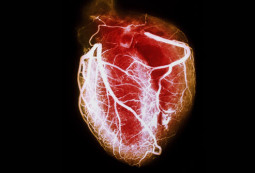
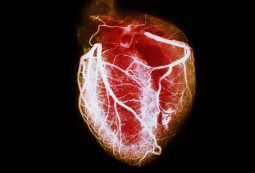

 This week’s How on Earth guest, Dr Doug Seals, researches vascular aging. Several events occur as we age that conspire to damage blood vessels, culminating in what is popularly known as hardening of the arteries. But lifestyle modifications to exercise and diet can prevent and even reverse this trend. This week’s show gives background and mechanisms of this aging; next week’s episode will delve more deeply into solutions and interventions. To find out more about the Seals’ lab research visit their website: https://healthyagingproject.org/
This week’s How on Earth guest, Dr Doug Seals, researches vascular aging. Several events occur as we age that conspire to damage blood vessels, culminating in what is popularly known as hardening of the arteries. But lifestyle modifications to exercise and diet can prevent and even reverse this trend. This week’s show gives background and mechanisms of this aging; next week’s episode will delve more deeply into solutions and interventions. To find out more about the Seals’ lab research visit their website: https://healthyagingproject.org/


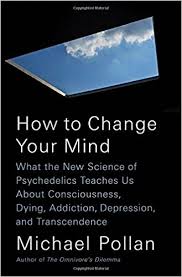
 We present another part of our interview with
We present another part of our interview with 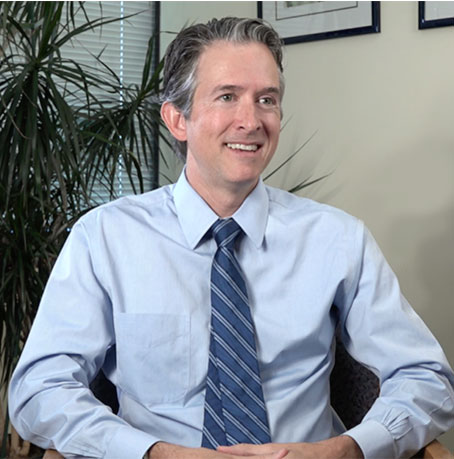 We also talk with Boulder Psychiatrist Dr. Will Van Derveer, who leads the
We also talk with Boulder Psychiatrist Dr. Will Van Derveer, who leads the 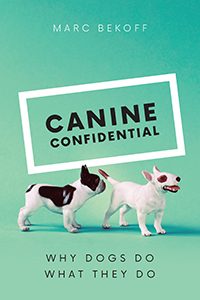
 This week on How on Earth, Beth talks to author Dr Marc Bekoff, Professor Emeritus, CU Boulder. His new book has the wonderful title of Canine Confidential. If you enjoy dogs, dog parks, and watching them interact with each other and people, you’ll enjoy this book!
This week on How on Earth, Beth talks to author Dr Marc Bekoff, Professor Emeritus, CU Boulder. His new book has the wonderful title of Canine Confidential. If you enjoy dogs, dog parks, and watching them interact with each other and people, you’ll enjoy this book!

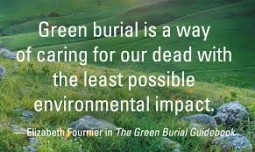

 This week on How on Earth, Beth interviews Dr Lee Know, author of Mitochondria and theFuture of Medicine. These amazing organelles, which allow complex life on Earth to exist, do more than “just” make ATP. Ask that isn’t enough! They are intimately involved in many aspects of health and disease. The good news is that we can optimize their function to attain longer, healthier lives.You can see the book at
This week on How on Earth, Beth interviews Dr Lee Know, author of Mitochondria and theFuture of Medicine. These amazing organelles, which allow complex life on Earth to exist, do more than “just” make ATP. Ask that isn’t enough! They are intimately involved in many aspects of health and disease. The good news is that we can optimize their function to attain longer, healthier lives.You can see the book at